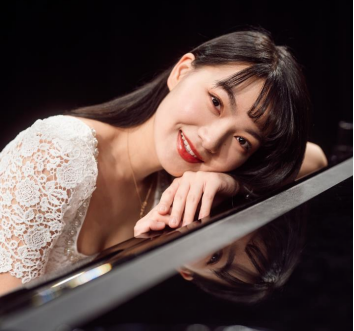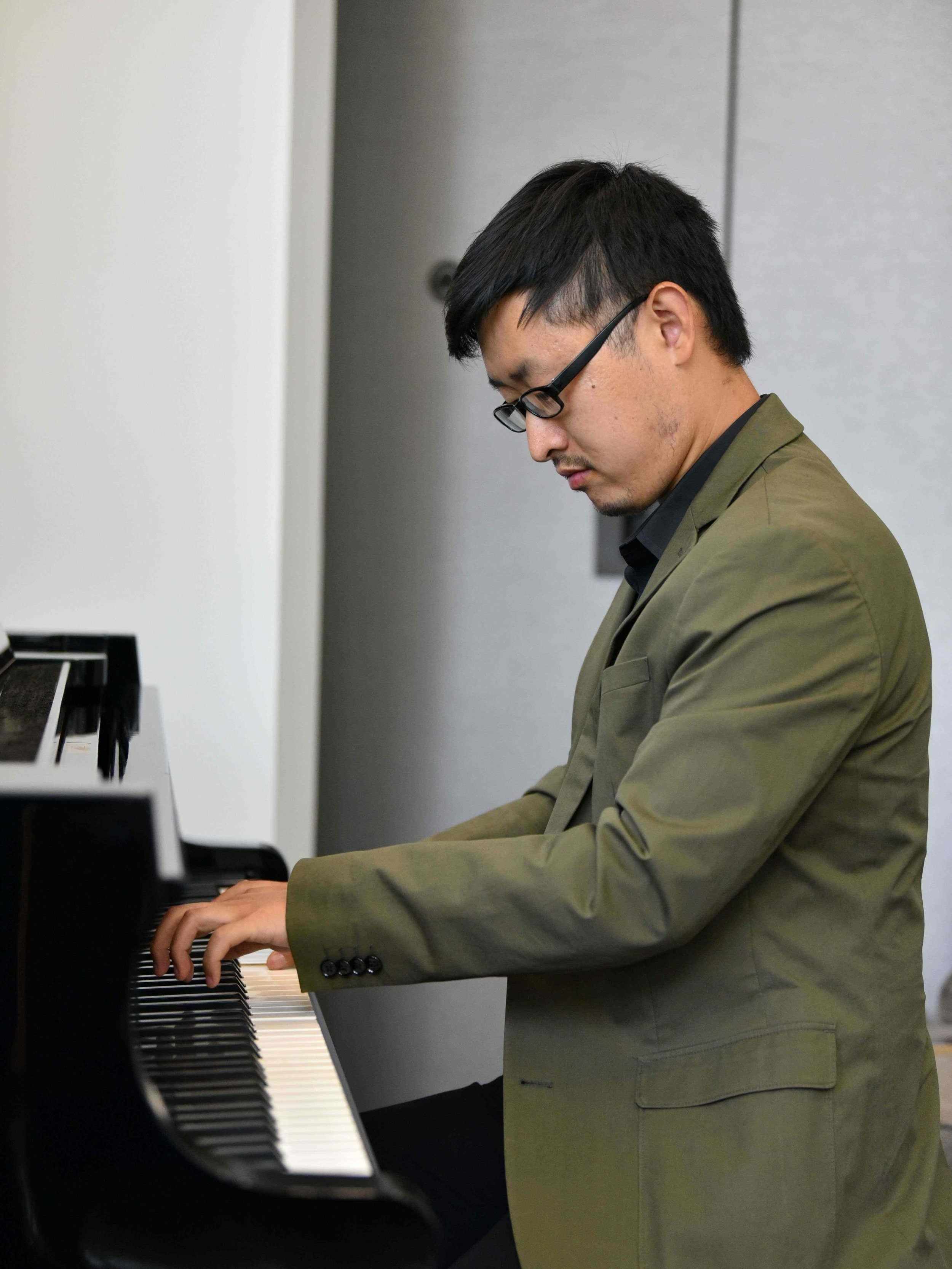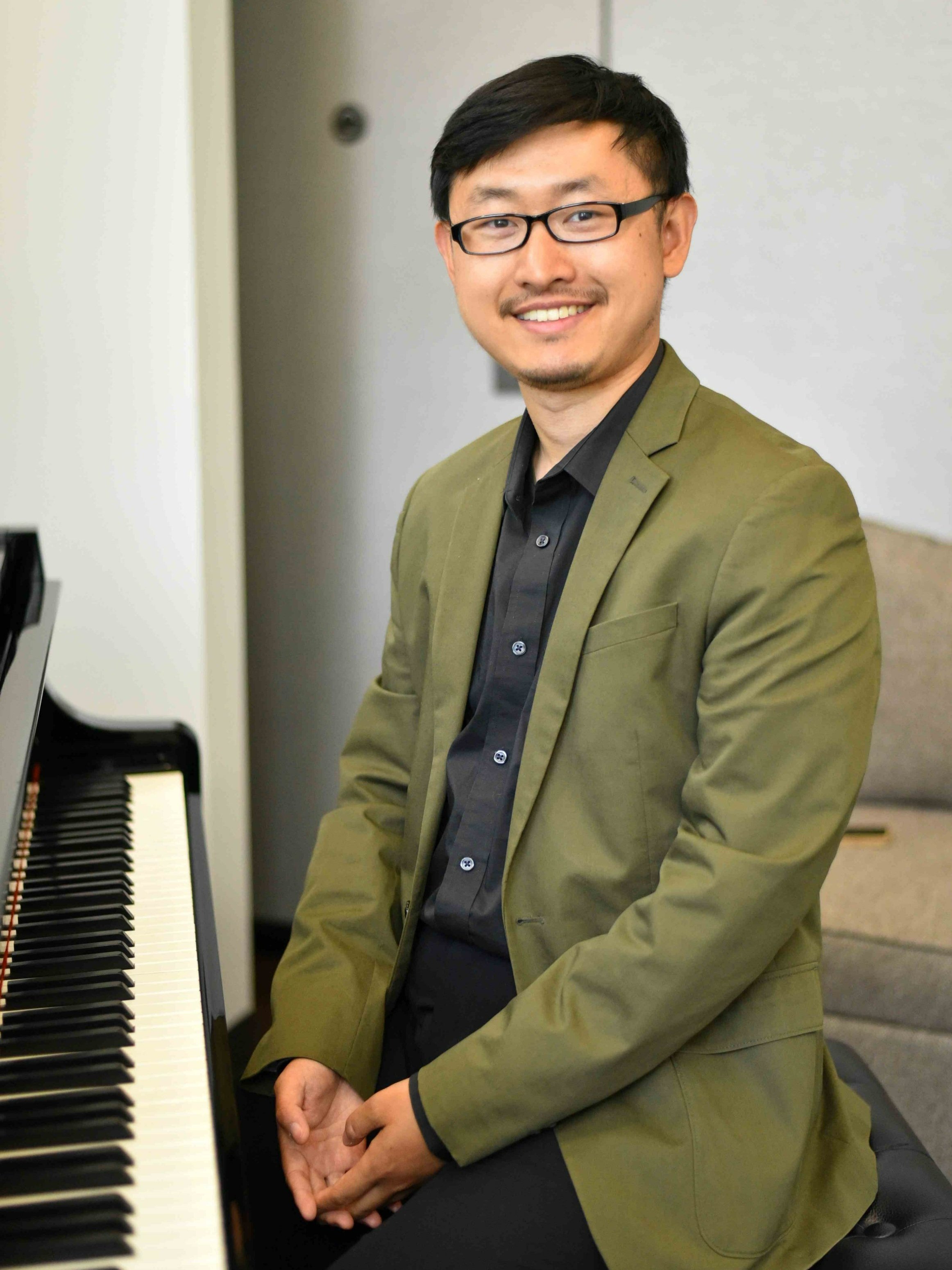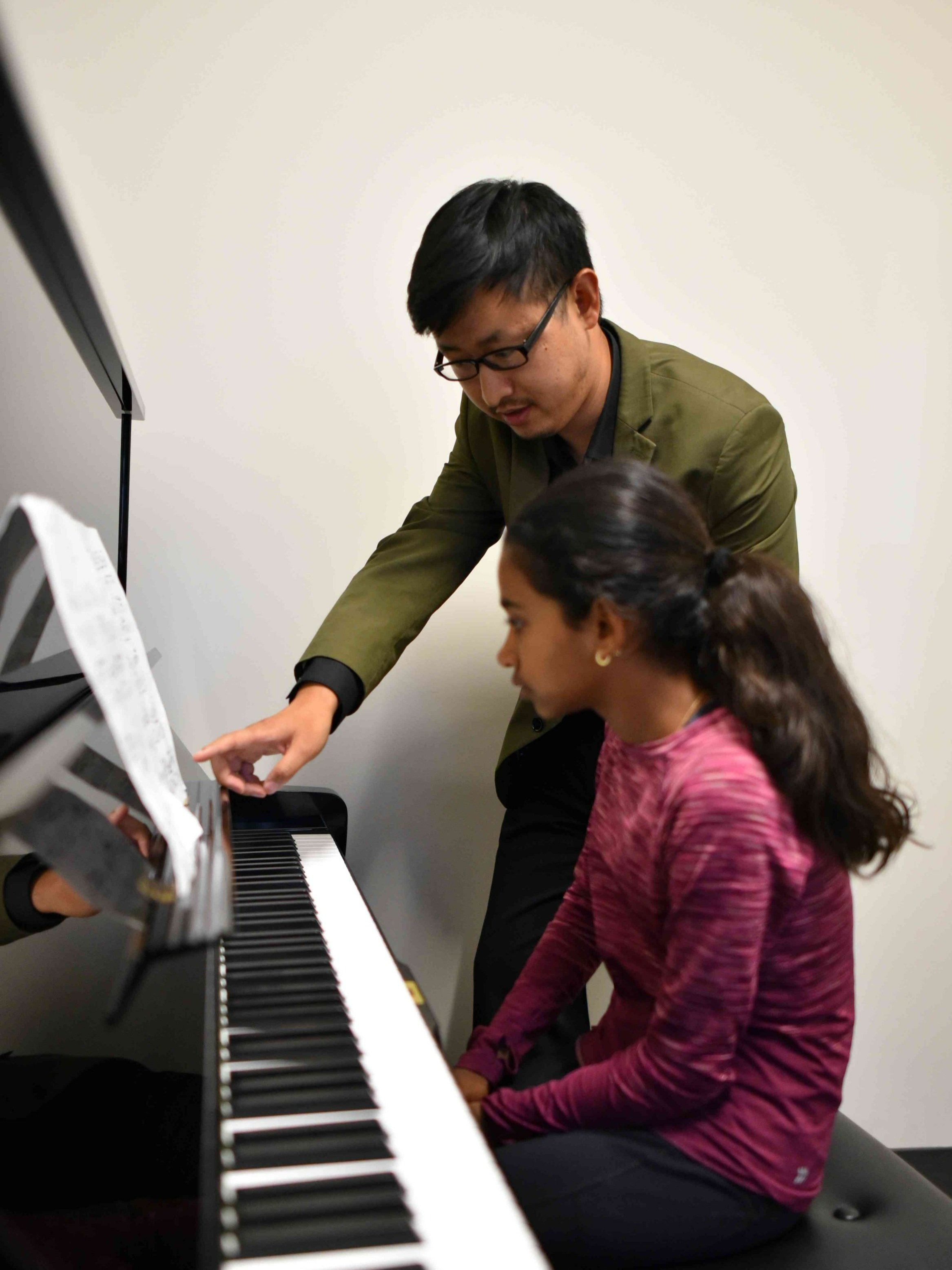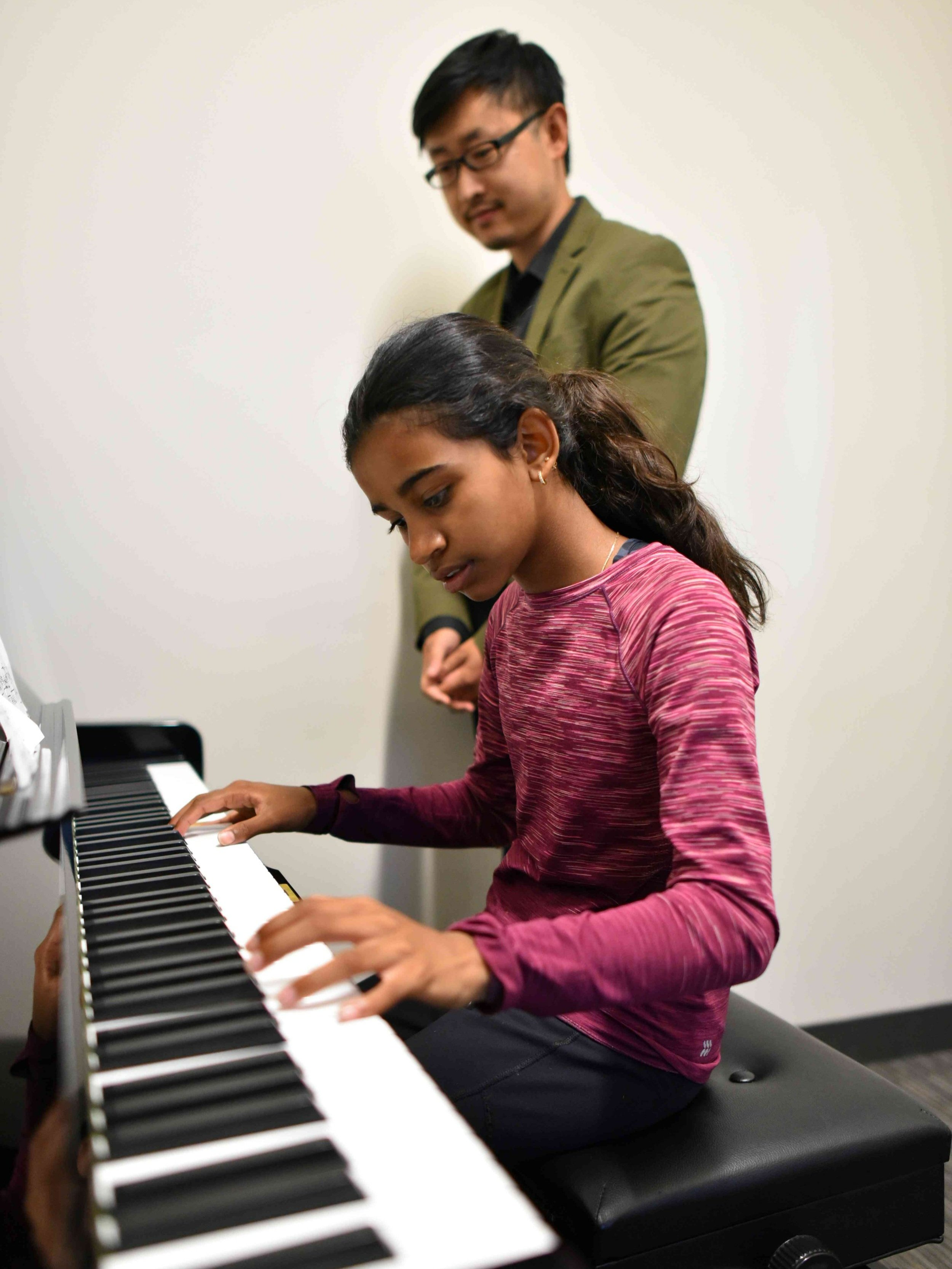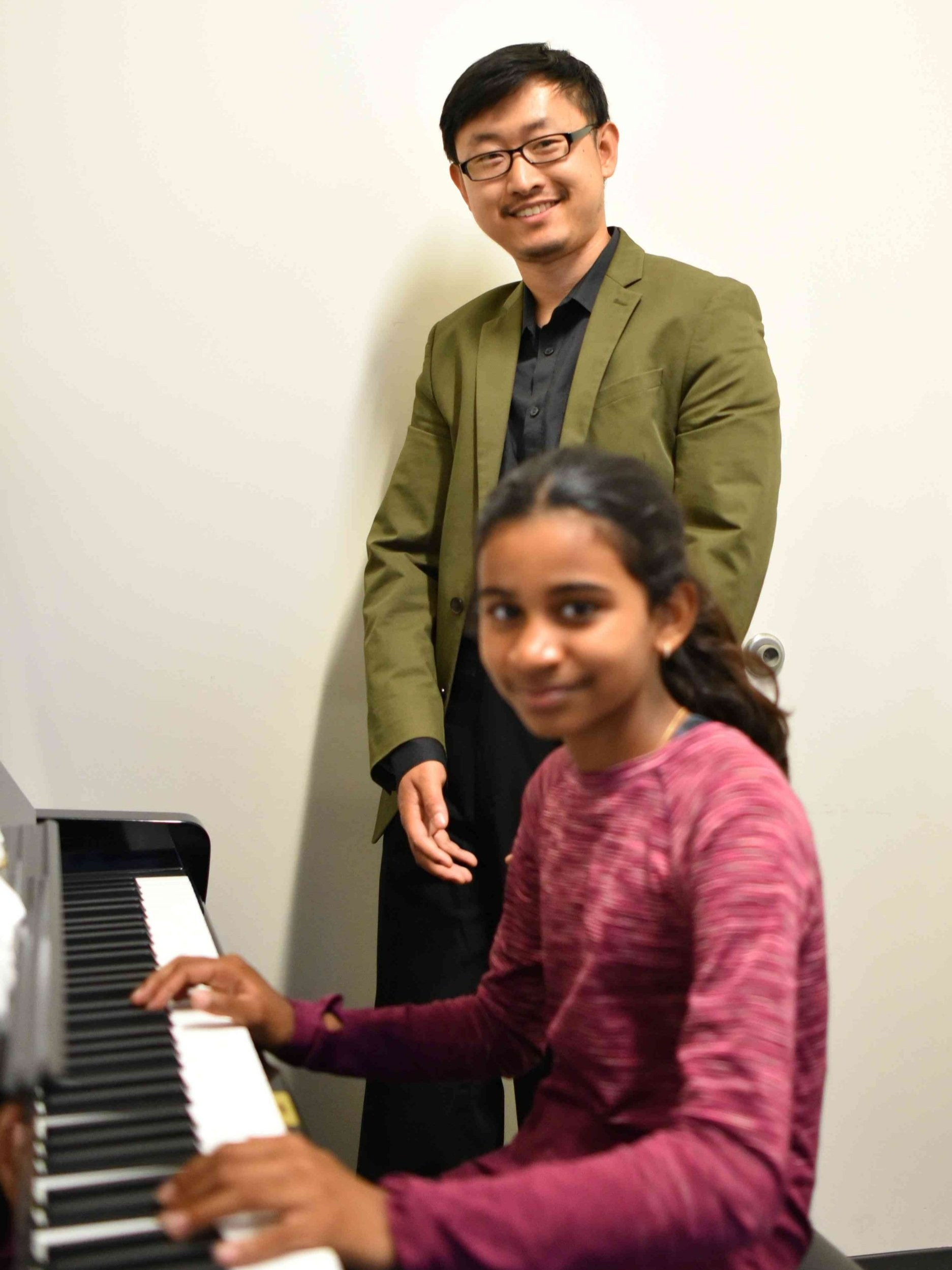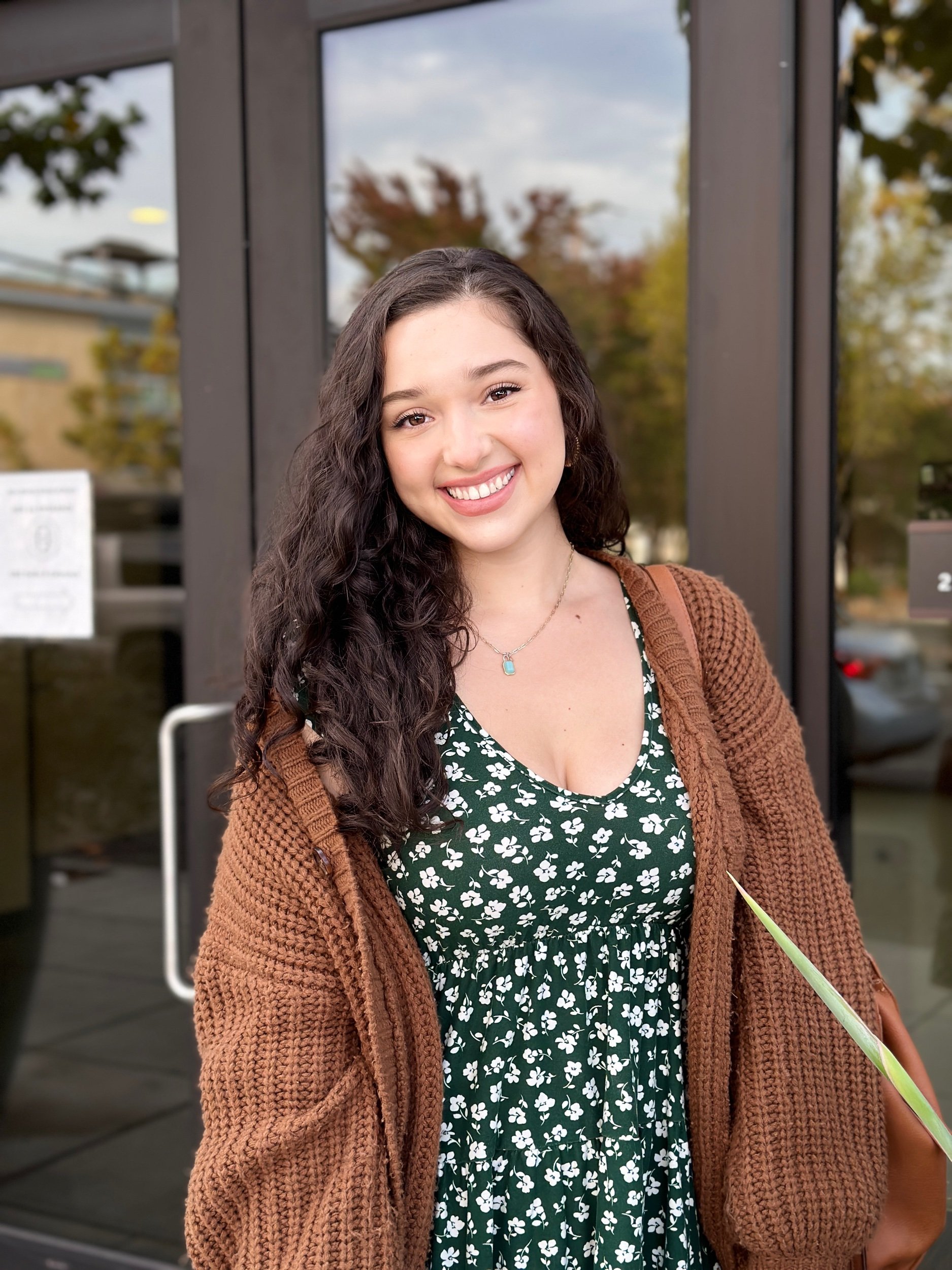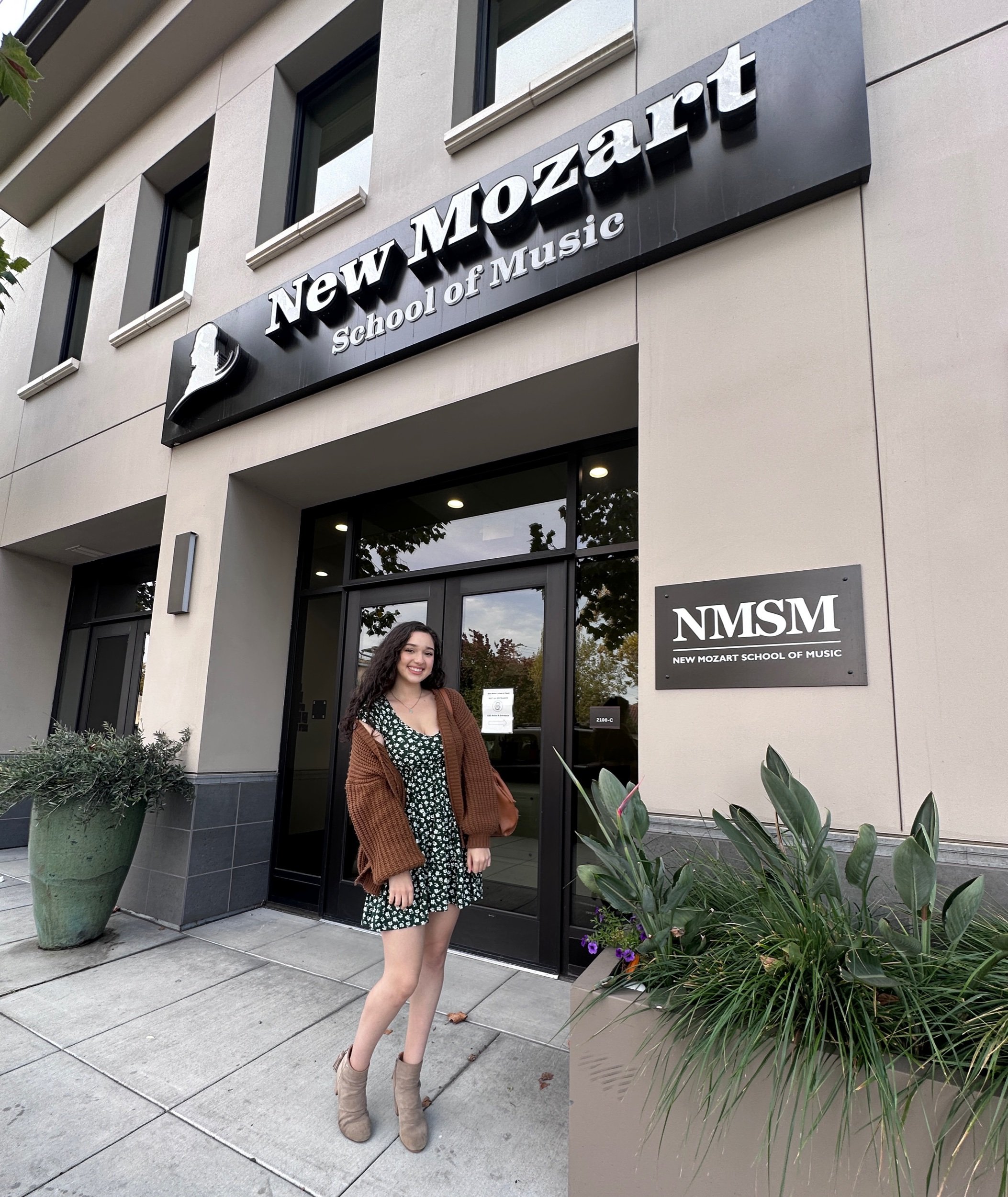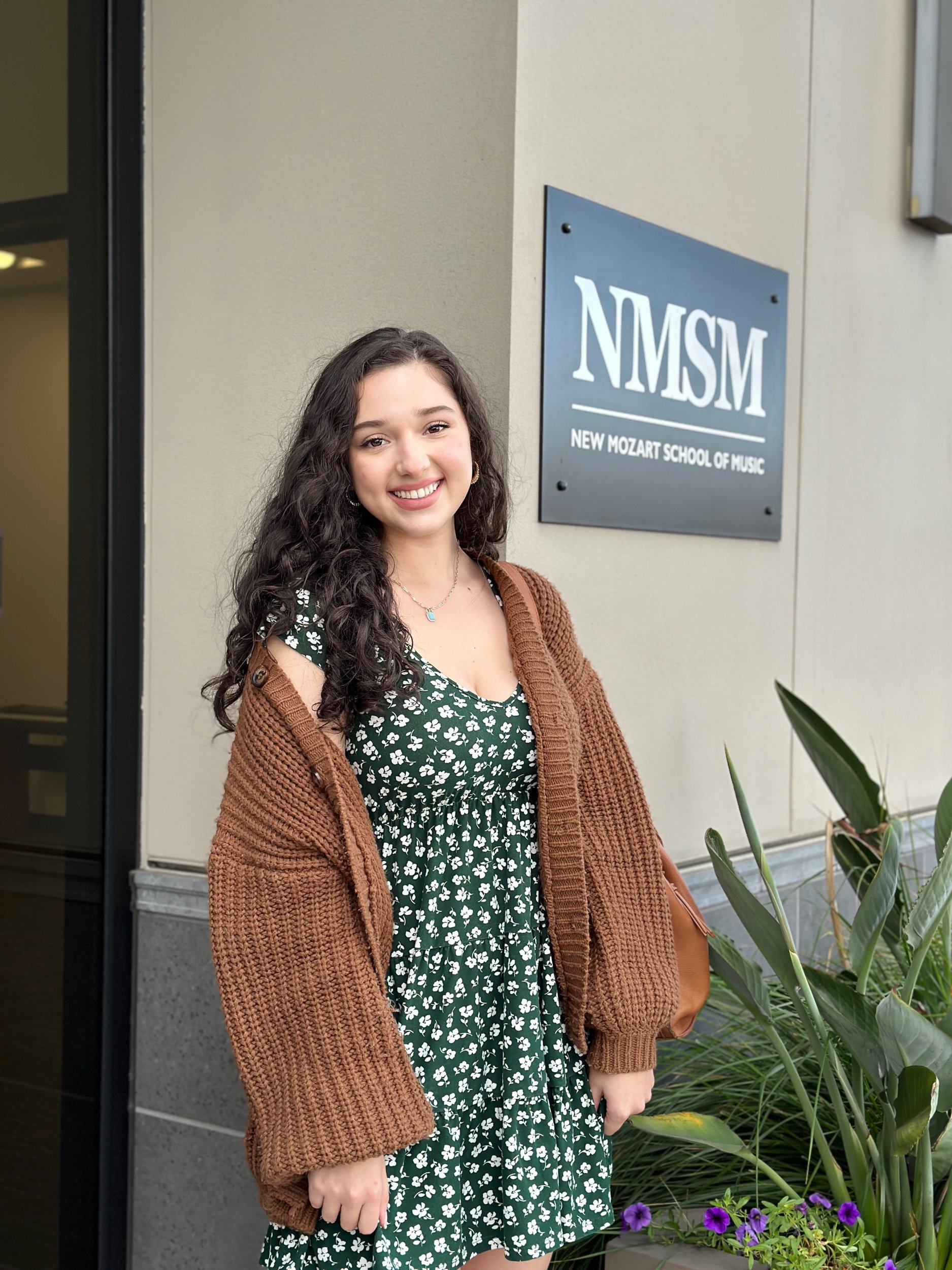1. How old were you when you started taking music lessons and which instrument did you start with?
I started taking piano lessons when I was seven years old, however my mom noticed my interest in music at a much earlier age. She told me that when I was three years old I insisted on having the music of J.S. Bach played during my nap time to help me fall asleep. She contacted a teacher who was on the faculty of the SF Conservatory of Music who said to wait until I was seven and had learned to read in school before beginning lessons. It’s too bad Harmony Road didn’t exist at that time, because studies have shown that music can become a “first language” for children who take lessons at an early age and there is a greater likelihood of them developing perfect pitch.
What I developed instead was the ability to sight-read, because my teacher had me read through a vast amount of piano literature, including 20th century composers (which was great), but because I couldn’t always relate to the music, I began to lose interest and when I was eleven, wanted to quit. Just about that time, we moved out of the Bay Area and my new teacher, who had an MA in classical music, but also played jazz and pop, allowed me to expand my repertoire beyond just classical and also encouraged me to play by ear and compose. Thankfully this broader and more flexible pedagogical approach renewed my love of music, and kept me going through the middle school years.
2. When did you start taking music seriously and who/what inspired you become a musician and music teacher?
I began taking music seriously when I was in high school. My middle school teacher had moved, and my new teacher encouraged me to learn more difficult pieces, such as Beethoven sonatas and Chopin nocturnes, and taught me how to practice in a way that I could begin to master them. However, it wasn’t just learning practice technique that helped me progress, there was an emotional component at work as well: I could feel that this special teacher in my life really believed in me as a student and cared about me as a person, and I think this is what motivated me to challenge myself to become a better pianist, to the point that in my senior year of high school I was asked to play a Beethoven piano concerto with the school orchestra.
Regarding becoming a music teacher, I was in my twenties, married and raising a family while working on my BA as a piano performance major at San Jose State University when a teacher who was moving out of the area offered me the beginning piano students from her studio. After a short time of teaching, I realized I needed some guidance and joined the Music Teacher’s Association of California, which gave me a wealth of information through its syllabi, graded repertoire lists, practice tests and Certificate of Merit Program, which many of my students took part in and had success with.
3. Tell us about your musical and teaching background.
After receiving my BA, I went on to get my MA in piano performance at Dominican University where, along with preparing two solo recitals, we were required to take chamber music classes and I learned a lot about ensemble playing and discovered the joy of playing with other musicians in piano trios and quartets.
After graduating, I was hired by Santa Rosa Jr. College to teach piano, and several years later, by Dominican University as an adjunct professor. During this busy time in my life, I also served as pianist for the Napa Valley Symphony for several years, accompanist for various choruses, and was given the opportunity to play concertos with local community orchestras. I found the latter to be both exhilarating and stressful (especially when the orchestra was louder than the piano during certain passages and I watched my fingers moving up and down the keyboard, but couldn’t hear myself play). Even though I knew I didn’t have the temperament for this type of soloing, the knowledge I gained was useful for my teaching and preparing students.
I feel I really found my musical niche when I starting composing. When a local theater company was looking for a musical director and composer, despite some trepidation regarding my lack of experience in this area, I took the job and discovered that I loved composing music. The more I composed, the more I delved into the study of music theory, both Western and Eastern, and became fascinated with ancient modes, jazz, and world music. During the time of the Iraq war, I composed a short chamber opera based on the oldest written myth in the world found on cuneiform tablets in Sumer (present-day Iraq), and incorporated middle-Eastern modes into the score. It was performed at Dominican University, where students, faculty, professionals, and community members all took part in the production, which was a very gratifying collaborative experience for me.
4. What do you hope to achieve in teaching students?
First of all, I hope to help my students develop a life-long love of music, since I truly believe that music has the capacity to heal and can be of benefit to those who play it and listen to it. I think this is because music engages us on so many levels—physically, emotionally, and intellectually—and perhaps helps to keep us balanced in these areas. Secondly, I hope to help my students find their way on their musical journey by exposing them to as many different styles and genres of music as possible. Hopefully, this will allow them to begin to discover what they’re interested in and where they fit, so that they can begin to set goals regarding what they’d like to achieve musically. Finally, I’d like to be that teacher who inspires students to carry on and stay the course with learning an instrument even when it gets difficult. I’m very grateful to my teachers who helped keep me going, and am extremely thankful that I didn’t quit. I think it’s important to check in regularly with each student (and their parents) regarding their needs and goals, and then adapt the teaching plan accordingly. But whether the student wants to enter competitions or just play for fun, I still believe it’s my job to give them a solid foundation of the essentials— technique, sight-reading, repertoire, theory, and ear training—so that, ideally, they can become independent learners. When picking repertoire for my students, I often play several pieces for them and let them choose one they like and then I choose one I think they need, which is a win-win situation for both of us. To help make the lessons fun and engaging, I try to incorporate singing, playing duets, improvisation, and composition into our time together.
5. What do you love most about teaching?
I love those times when a student has an ah-ha moment or a breakthrough after struggling with a difficult concept or technical problem that at first seemed incomprehensible or insurmountable to them. Just recently, a student finally understood the meaning of cut time, (I think it happened when I got silly and demonstrated what it would look like for a conductor to conduct four beats per measure at a very fast tempo by waving my arms frantically and mopping by brow, and then showing how much easier it would be to conduct the same piece in two). And last week a student who had been struggling with a difficult syncopated passage of a ragtime piece was finally able to play it with ease. She was so happy and wanted to play it over and over again, which was great. I also love it when a shy or quiet student goes through a transformation of their personality type by playing a dramatic piece of music with great power of expression and confidence.
6. Do you have a practice tip you want to share with our students?
Don’t practice mistakes! What I mean by this is that before practicing a passage of music, look carefully at the score as if you’re a detective to make sure you accurately perceive the correct notes, rhythm, phrasing, and dynamics and other expressive marks so that you don’t practice mistakes. Otherwise you have to unlearn them, which is not fun (I know this from experience :) After engaging the eyes, it’s then time to engage the ears as you practice the passage the slowly. Then, after each repetition, analyze and critique your playing and make the necessary adjustments.
7. What do you enjoy doing when you’re not teaching, practicing, or performing?
I enjoy riding my bike, swimming, hiking, cooking, and spending time with family and friends.
